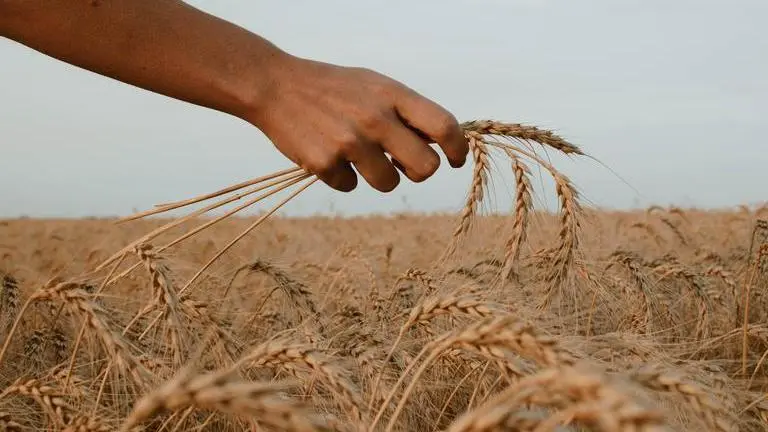Updated 12 April 2023 at 15:59 IST
Baisakhi 2023: History, significance, celebrations of the harvest festival
Baisakhi 2023 will be celebrated on April 14. The festival holds special cultural and religious significance.
- Lifestyle News
- 2 min read

Baisakhi also known as Vaisakhi will be celebrated on April 14 this year. The festival holds special religious and cultural significance to the Sikh community. Baisakhi is celebrated with great joy and vigour, especially in the state of Punjab, Bihar, Andhra Pradesh, Assam, Tamil Nadu, and West Bengal.
For the Baisakhi celebrations, Gurudwaras are extensively decorated. People visit the Gurudwaras to offer prayers, wear bright clothes and engage in merrymaking. Gurudwaras also prepare elaborate meals and indulgences. In the evening, a bonfire is lit in the centre and people throw corn kernels into the fore to mark the celebrations.
Baisakhi Significance
Baisakhi traditionally marks the beginning of the harvest season. Along with the cultural significance, the harvest festival also denotes a religious significance. It also serves to remind us about the courage and resilience of Sikh leaders. The festivals remind people of the sacrifices made by the Sikh community to uphold the principles of righteousness and justice.
Baisakhi History
Baisakhi history goes far back to 1699. On March 30, 1699, Shri Guru Gobind Singh Ji, the 10th Sikh Guru, formed the prestigious Khalsa Panth. It is believed that on Baisakhi day, Guru Gobind Singh Ji called for volunteers who were willing to sacrifice their life for the Sikh faith. Five men came forward to form the Panj Pyare. The five men were namely, Bhai Daya Singh, Bhai Dharam Singh, Bhai Himmat Singh, Bhai Mohkam Singh, and Bhai Sahib Singh. This also became the origin of five Sikh markers, that are continued to date - kesh(uncut hair), kirpan (a steel sword), kanga( a wooden comb), kara (a steel bracelet) and kaccha(underwear).
Advertisement
Published By : Digital Desk
Published On: 12 April 2023 at 15:59 IST
